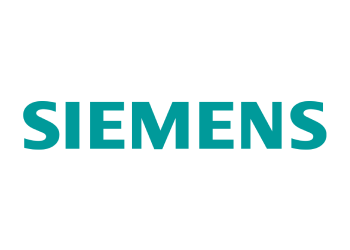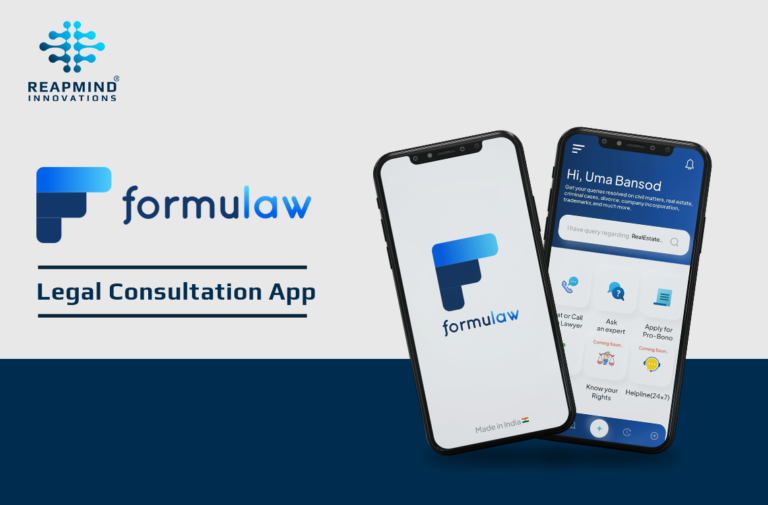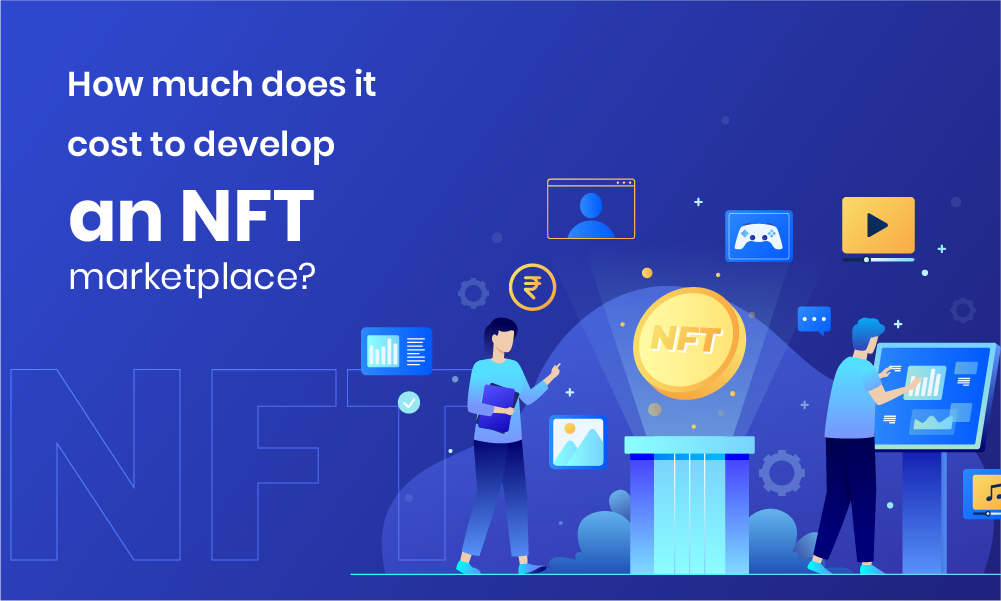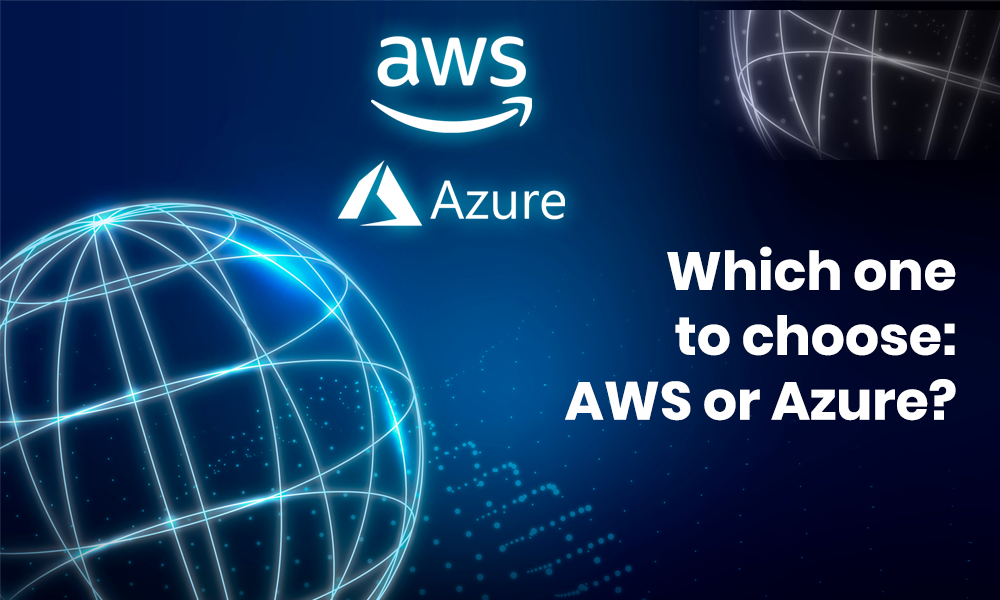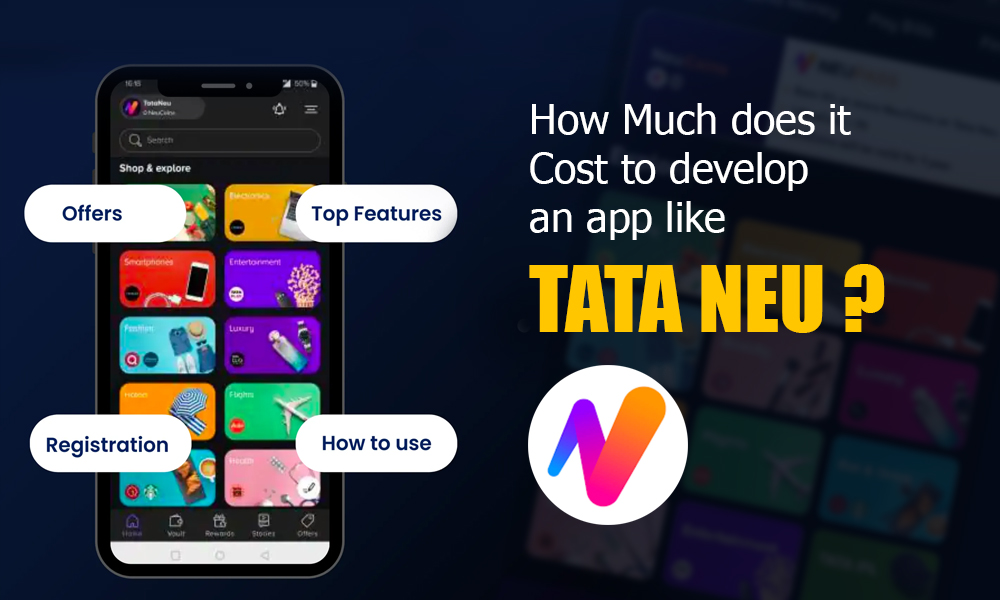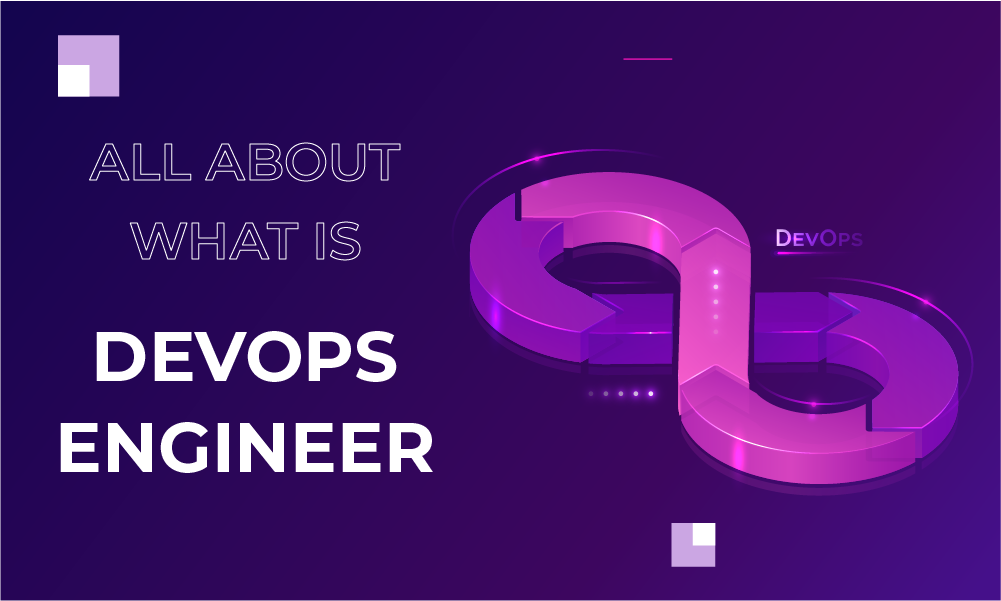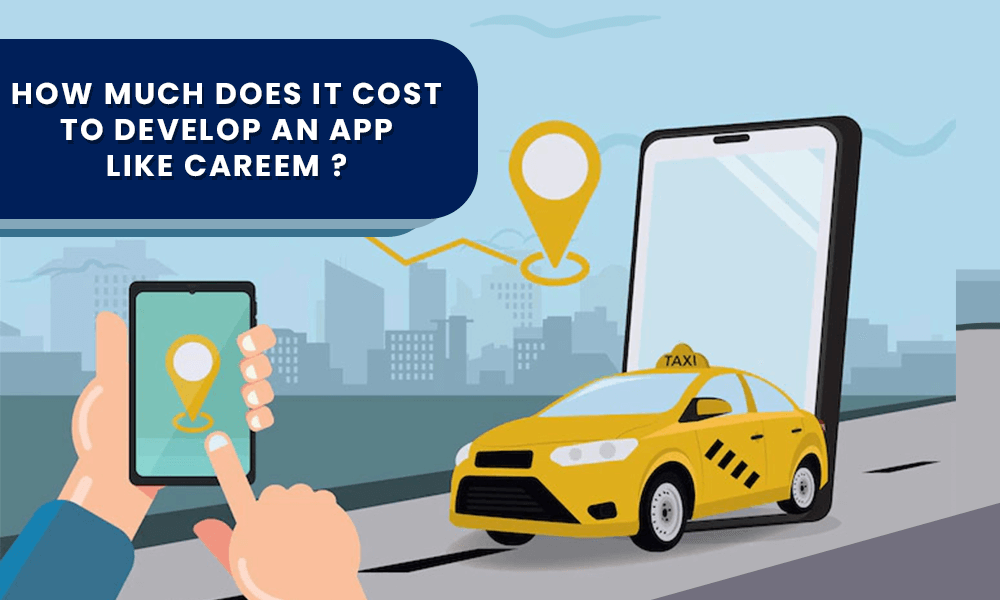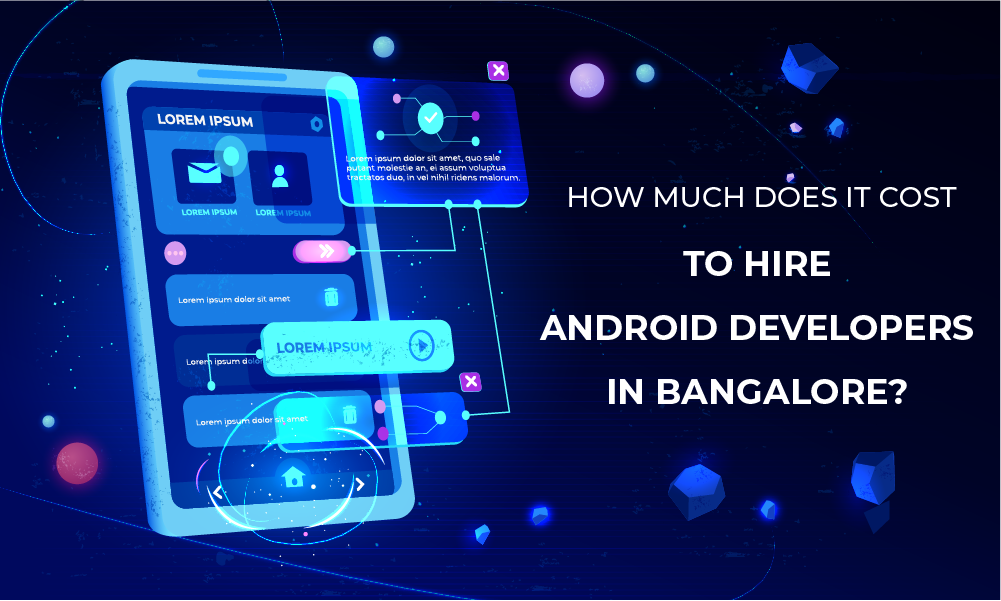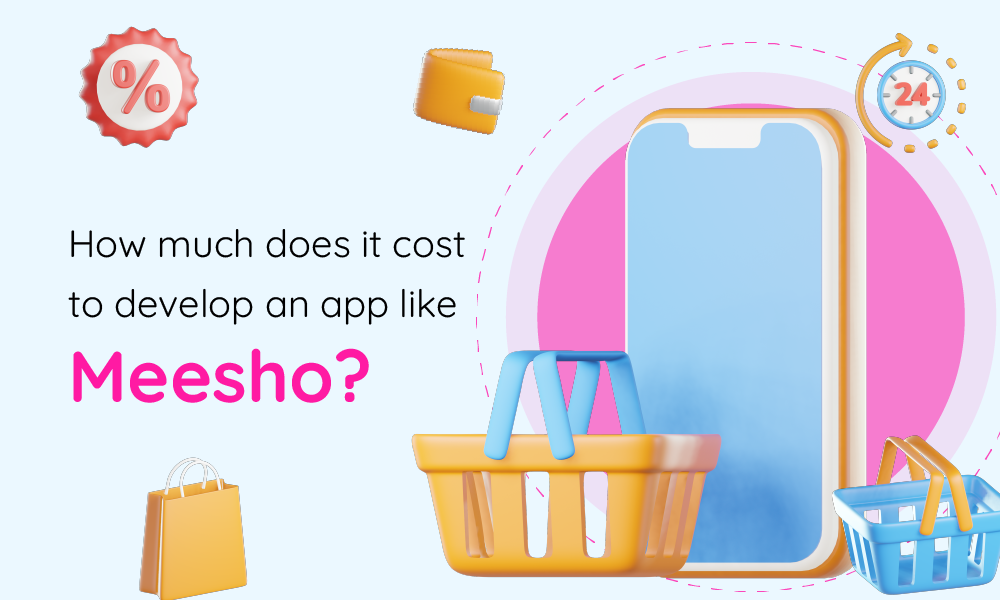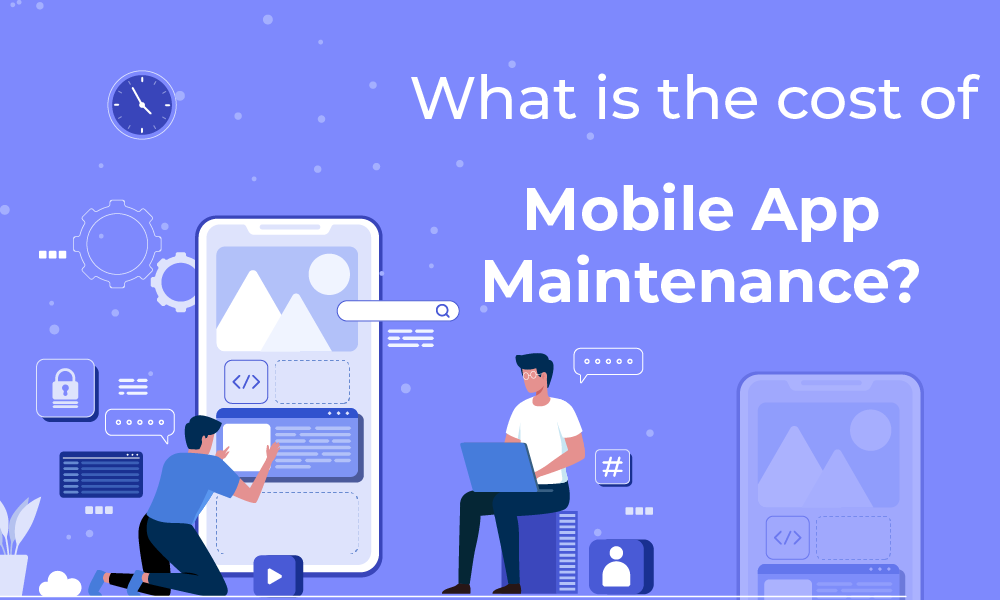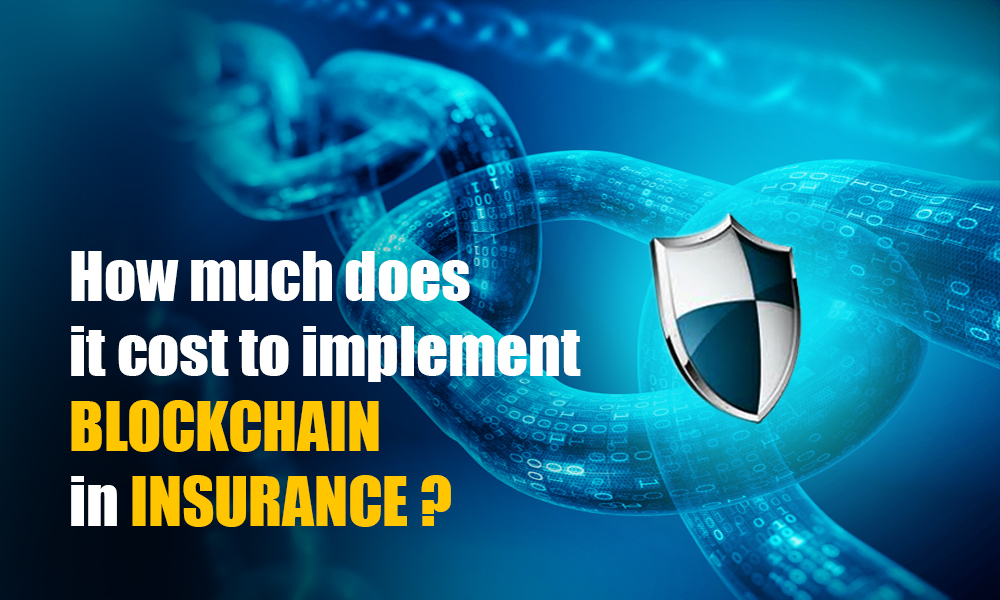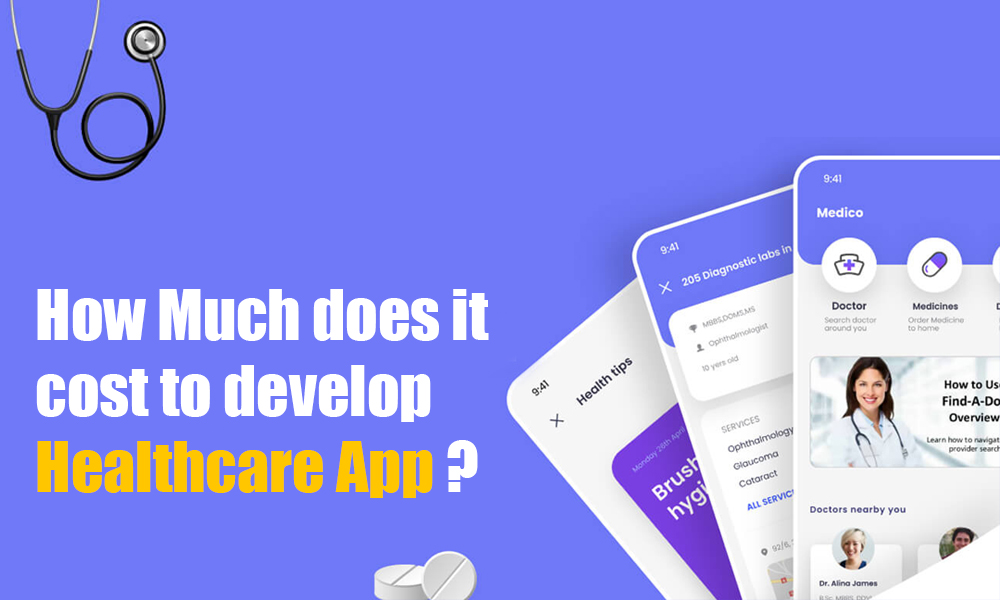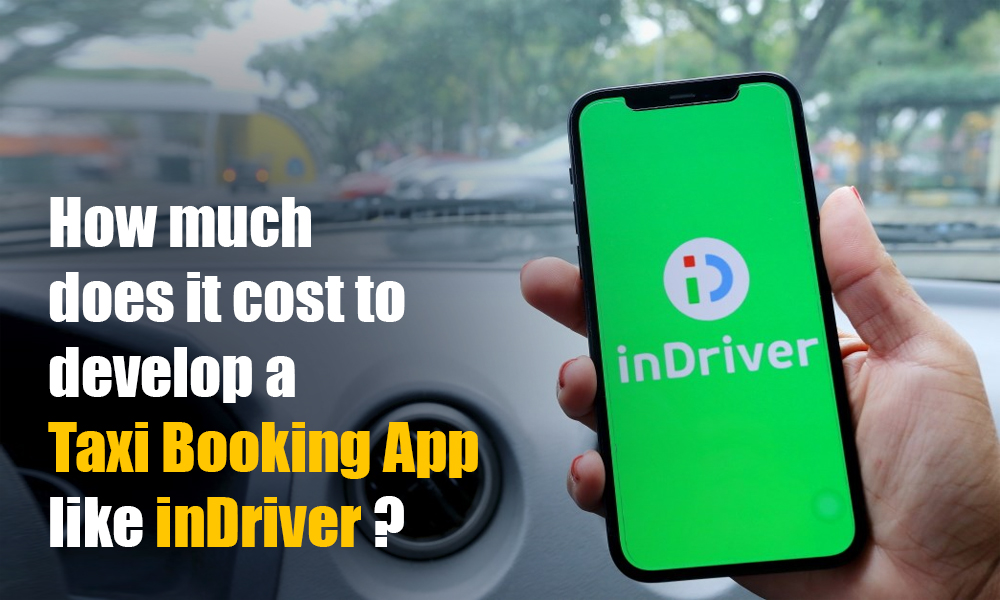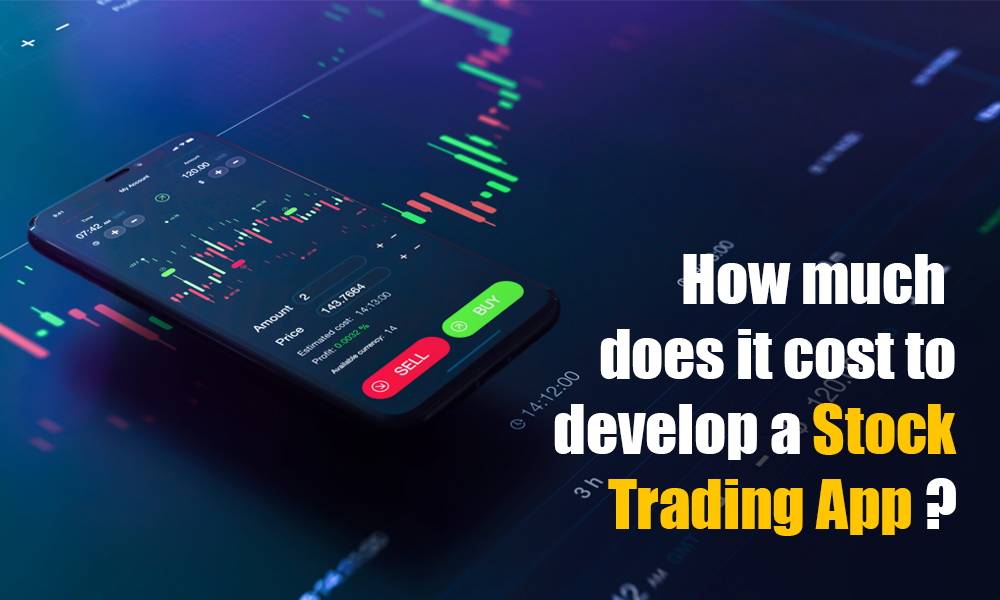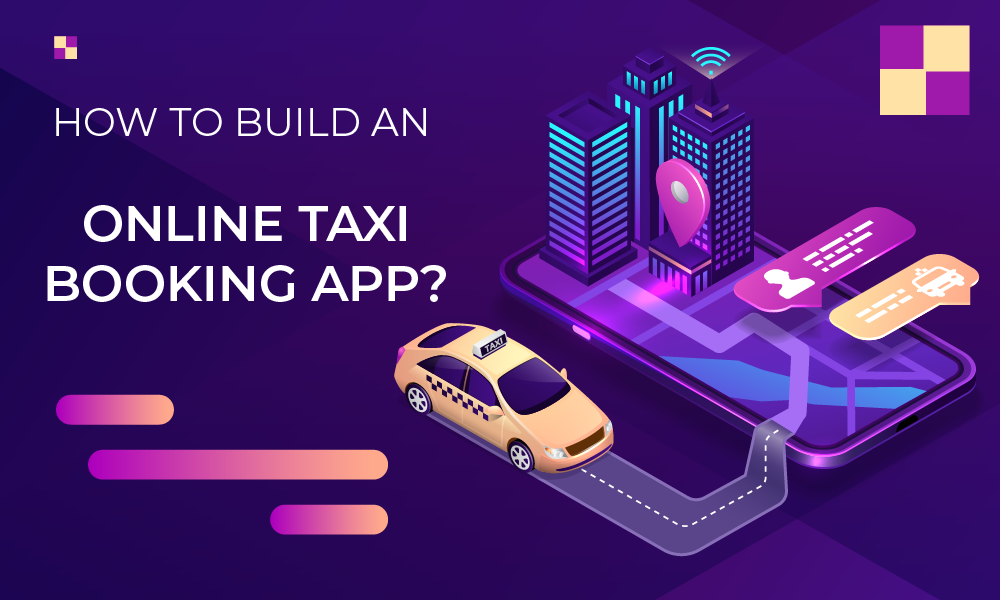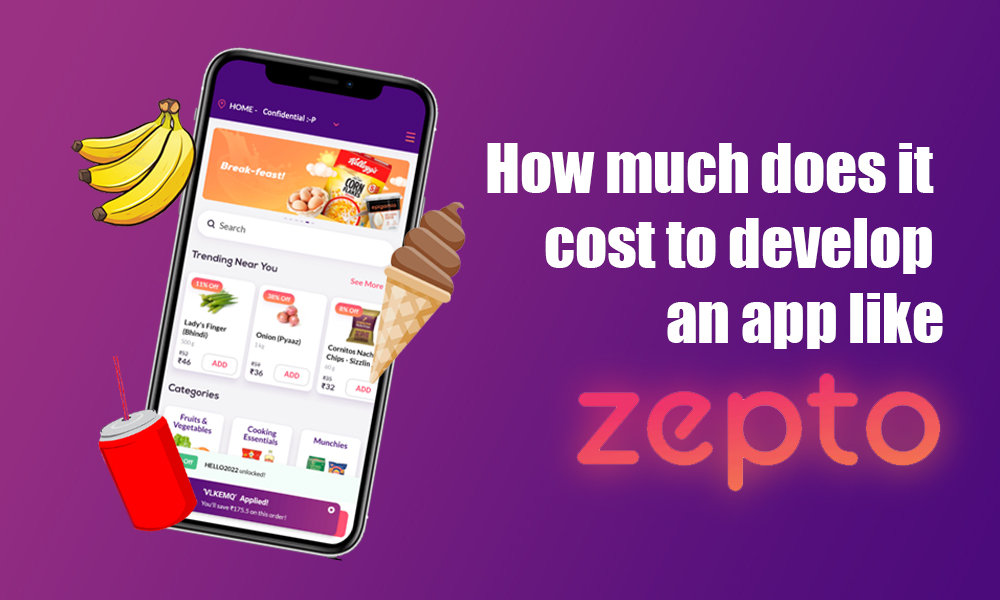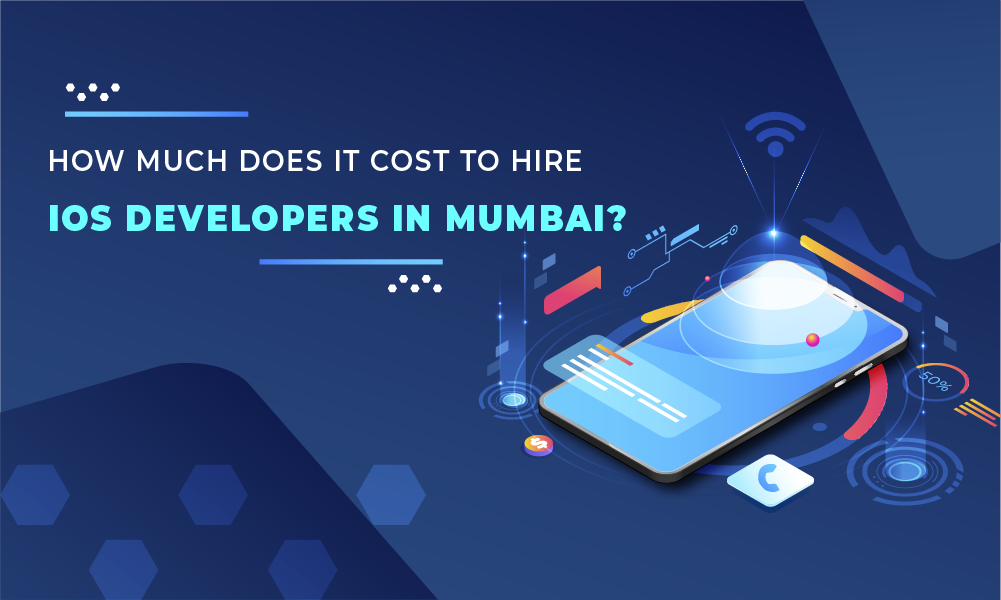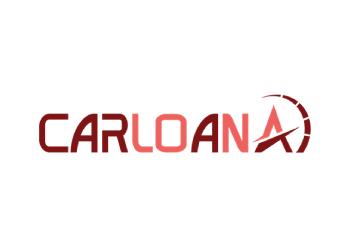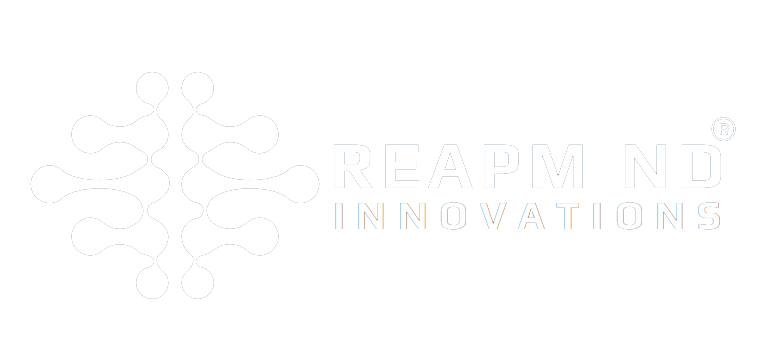Fleet management was traditionally reserved for giant organizations with enormous caravans of vehicles, but now it is a quickly rising trend in businesses of all sizes. When it comes to fleet management, there are numerous moving channels involved, from local neighborhood florists with a few vans to worldwide delivery firms with hundreds of vehicles.
In the present tech era, every business spotlights maximizing efficiency in every other way, thus utilizing the potential of advanced technologies can lead you to set a benchmark in your logistics realm. Most people these days are doing everything they can to boost productivity while decreasing expenditures.
Fleet management may be a laborious task. As the firm expands, there are more vehicles to track, which leads to more uncertainty. That’s where fleet management software comes to rescue those businesses that are drowning in a traditional way of managing the fleet, enabling them to not only make vehicle tracking simpler but also work well with any digitalization plan.
Somewhere fleet management software may let you accomplish your business goals from anywhere, regardless of where the vehicles are placed.
This is a depth guide designed by a trustworthy fleet software development company for the visionary that is seeking to discover every detail regarding the fleet management software development cost, features, and definition
Let’s begin with some basics
What is Fleet Management Software?
Table of Contents
ToggleThe word “fleet management” refers to the selection, maintenance, safety, budgeting, and monitoring of an abundance of vehicles. Each of these aspects is not only essential for the company’s success, but also for the safety of its drivers and the fleet itself. A complete fleet management system will enable you to monitor every part of your fleet, alert you when action is required, and assist you in resolving issues before they become unaffordable.
Let us give you a real-time example of the definition
Undoubtedly you’ve utilized on-demand cab services from apps like Uber or Ola. A fleet is a company that manages and tracks every vehicle using a centralized software system. Fleet management software is the method used to govern such vehicles. It is software that keeps track of the vehicle to which it is linked. The program keeps track of the vehicle’s speed, temperature, fuel tank, and direction, among other things. These attributes may be tracked using sensors installed on the vehicle.
What would you achieve with Fleet Management software development?
FMS systems are commonly used by transportation businesses to handle several challenges and enhance day-to-day operations. Consider the primary advantages of fleet management software.
Cost savings
However, fleet management software may drastically lower vehicle running costs (OPEX). It has the potential to enhance everything from driving performance to route optimization, saving money that would otherwise be lost due to inefficiencies. Tracking gasoline use, for example, may lower a company’s fuel expenditures by up to 25%.
Improved Drivers’ Performance
Experienced drivers reduce accident risks and save nearly 10% on fuel expenditures. That is why monitoring driver performance is worthwhile. Managers may track speed, vehicle conditions, and driving behaviors (rapid braking, idling, or cornering) with the assistance of built-in GPS tracking, thereby improving drivers’ performance.
For example, drivers will be rewarded depending on their safety precautions, delivery timeliness, car upkeep, and so on. All of this information may be shared with drivers to motivate them to improve.
Remote fleet management
The everyday operations of any size fleet require several components that might be challenging to manage properly. Implementing software gives a platform for viewing all aspects remotely, even if the cars are dispersed throughout the country.
Extend Vehicle Life
Fleet managers may utilize GPS to track each vehicle, allowing them to monitor performance and possible maintenance concerns. By keeping track of things like mileage, tyre wear, braking patterns, and oil changes, you can extend the life of your car
Dispatch Improvement
The days of radioing a dispatcher to find out where a vehicle is and when it will return are over. Fleet management enables instant access to fleet locations, vehicle demands, and job performance.
Improve Customer Satisfaction
Customers want to know where their delivery is and when it will arrive. Fleet management software can give real-time information while also addressing any faults or delays.
Optimize Routes
Managers may plan effective and efficient routes by using GPS software. Because information regarding mapping, fuel use, and other aspects are quickly available, fleet productivity is maximized.
Fleet Management Software Types
Remember that before you begin looking for software developers or software Development Company, you must first decide what sort of fleet software you want to create. Each solution is different and necessitates its own set of characteristics.
Delivery Management– This sort of software enables delivery companies to manage fleets and streamline the dispatching process. Managers may allocate a task to delivery agents based on their schedules and track the live location whereabouts of on-the-ground staff using geofencing technology.
Truck dispatching software- It is specialized for freight brokerage companies. Its features include dispatch and scheduling, GPS monitoring, freight brokerage, and rate and quotation management. There is also an enterprise-level solution known as freight management software that allows transportation businesses to better cargo planning and streamline the RFP process with carriers.
Fleet Maintenance– Fleet maintenance software focuses on fleet inventory monitoring, preventative maintenance, repair records, order administration, and reporting. Users can create bespoke schedules and work orders based on repair requests or preventative maintenance programs.
Route Planning– Route planning and routing instructions are some of its key features. It enables fleet managers to enter or upload customer addresses and create a route for them. A manager may manually switch a driver from one route to another and track their progress on routes in real-time.
Fuel management– This kind of software enables companies in streamlining procedures involving fuel monitoring, vehicles, and other areas. Managers may maintain fuel receipts, vehicle maintenance records, and driver personal information in a single location and track fuel usage using thorough reports.
Steps for Developing Fleet Management Software
FMS development comes with two approaches that directly impact the fleet management app development cost: Quality rich software and Custom software.
If you have a restricted budget and want to incorporate the software into the business operations as soon as possible, a ready-made solution is a viable option. Custom software, in turn, provides versatility in terms of features, design, and logic, as well as a competitive edge
To create fleet management software from scratch, consider the following points:
Step 1: Conduct Research
To begin, describe your product’s objectives and commercial goals: what sort of fleet software you are seeking to develop and what difficulties you want it to address. For example, suppose you want to develop a fuel management software to save fuel expenses by 20%. Alternatively, driver management software is required to improve drivers’ abilities, reduce vehicle damage, and reduce maintenance and idle time expenses.
The well-defined business objectives and goals will assist the software development team in creating the complete project specification and selecting the appropriate technology stack.
Step 2: Building a Team
A specialized development team with proven experience in creating fleet management systems is preferable because custom FMS development can be a resource- and time-intensive procedure.
For hiring software developers, there are three best ways to pick:
Hiring Freelance developers from freelance platforms
Developing an in-house team.
Reaching out to a reputable outsourcing company
Let’s evaluate the advantages and disadvantages of each choice.
- Freelancers
Using well-known freelancing marketplaces like Upwork, Freelancer, or Toptal, you may engage with independent workers. One freelancer cannot offer a full-cycle mobile app development service, but it works well for modest projects or software upgrades.
Pros:
Low-cost option
Risks:
Make a work schedule for an upcoming couple of weeks and provide a simple project definition.
You will need to employ a tech lead if you lack the technical expertise to determine whether the product is relevant.
You must seek a project manager if you don’t want to handle the entire procedure by yourself.
Due to the absence of a business analyst, independent developers are unable to give you a comprehensive project estimate.
- In-House team
While freelancers can cancel projects after a few weeks, FMS development demands ongoing collaboration.
You can put together an internal team. If you want to be fully involved in the development process, this is the best choice.
Pros
Total command of the development process
Developers are accessible at all times.
Cons
– The same as with freelancing work, you must assemble a tech team to assist you with the project’s specifications and testing phase.
– The recruiting procedure takes a long time since each specialist must be hired independently.
– It necessitates several additional costs, including office rent, equipment, software, taxes, and more.
– You could think about contracting out app development. In this instance, you’ll reduce the time to market and obtain a premium product at a fair price.
– Companies that outsource already have a group of knowledgeable professionals on staff. You must create your fleet management software.
– Based on your needs, create the project specification. a thorough forecast provided by business analysts
- Outsourcing Company
You should think about outsourcing app development. In this instance, you will reduce time to market while receiving a high-quality product at a fair price.
Pros:
Companies that outsource already have a staff of skilled professionals. You must create your own fleet management software.
Create a project definition based on your needs.
Business analysts’ comprehensive estimation
Complete testing
Begin with MVP app development to reduce time to market and get early feedback.
Ensure on-time delivery of working products by documenting all arrangements.
Cons
Outsourcing is more expensive than freelancing but less expensive than forming an in-house team.
Step 3: Identify Key Features
It is now time to establish characteristics and describe your expectations for streamlining business processes in a corporation.
Begin by developing a minimal useful product step by step (MVP). It allows you to validate your concept without having to invest a lot of money in developing a full-fledged app. The MVP model includes just the characteristics that will have the greatest impact on your team’s success.
Furthermore, once your product generates a profit, you may reinvest money in the development of additional features.
Step 4: Development
The development stage entails designing and building fleet management software under approved specifications, including coding, testing, and deployment.
Following that, the QA engineers execute a series of tests to confirm that the software is bug-free and conforms to the test plan.
Finally, the team will create a product demo for you to test the functionality. If the program works well, the team proceeds to release it.
Step 5: Release an MVP
After considering these aspects, you may launch the MVP in target markets to test the overall concept of your product, discover weak parts, and continue development, making improvement decisions based on user input.
Step 6: Maintenance
The development process does not end when the software is completed. If you want your product to last for years, you need to think about maintenance.
How Much Does it Cost To Build a Fleet Tracking Software?
A fully-fledged fleet management software with basic and advanced features will cost between $50000 and $10000. The development cost is influenced by factors such as app features, app design, app complexity, and more.
The average hourly rate for building such an app is between $20 and $25.
A solid fleet management software might take up to 1000 hours to develop if a corporation decides to merely add a few basic and advanced functions. It may take as long as 1300 hours if the business needs more sophisticated and complex features. The cost of developing such an app now includes the cost of hiring different resources, such as project managers, developers, quality analysts, the DB team, and so on.
ReapMind Expertise In Fleet Management software development
Fleet management software development provides several advantages for businesses that use multiple vehicles since it automates business processes and lowers operational expenses. All you need is an expert development team to turn your company concept into a fully-fledged solution.
We provide enterprise-level software development services, including custom fleet management software development. We also develop software to assist you in streamlining logistical procedures and improving collaboration across enterprises, partners, and clients.
Know the accurate cost of fleet management software by sharing your project requirements on info@reapmind.com




